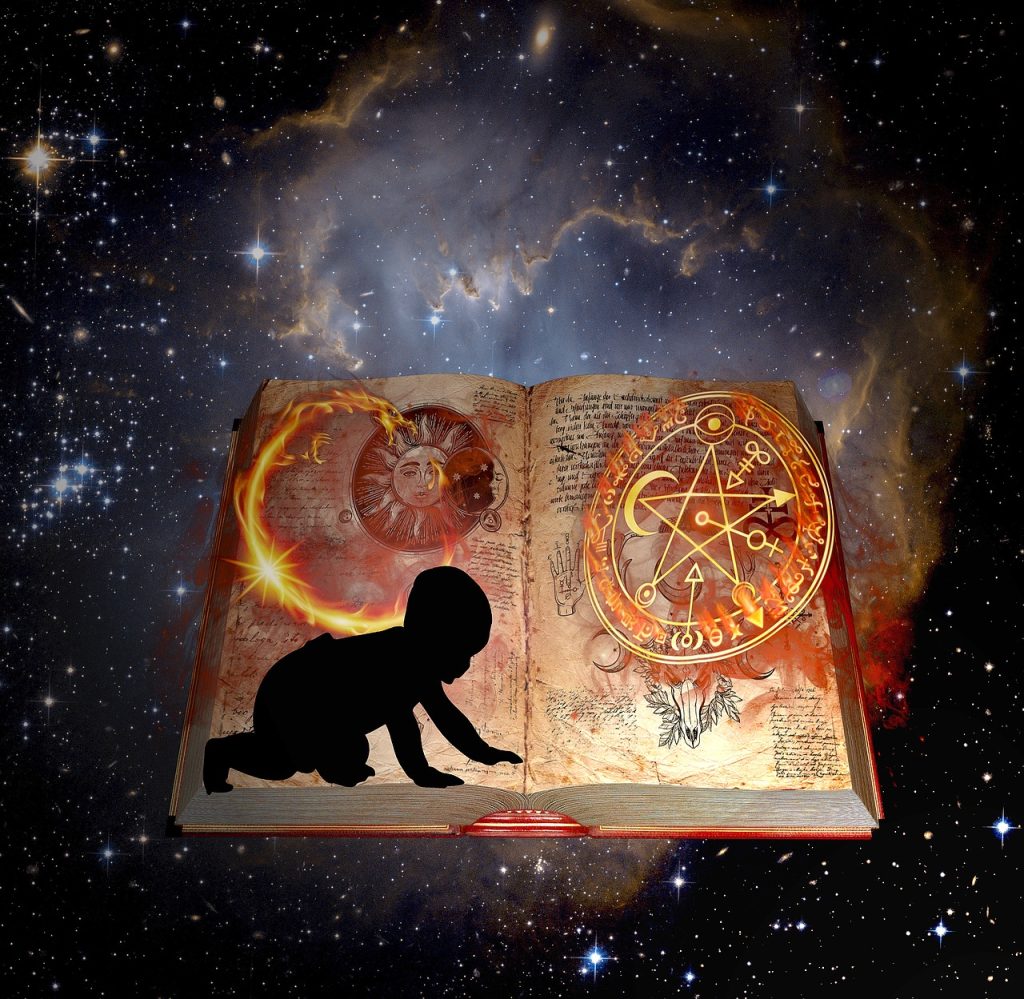The dictionary defines fate as “forces outside your control that make things happen.”
In this age and time where almost any event -past or present- can be explained by science, the concept of a God or a “Supreme Being” dominating us is simply a myth — just another concoction of the human mind. But is it?
Science and religion (or just the belief in a ‘superior being’) are strange bedfellows that govern our lives once we’re brought forth.
We were not given a choice to be born, but we also don’t want our existence to be predictable and measurable by one of the main branches of science – mathematics (together with logic).

Today, we have created all the tools to predict and manipulate one’s thoughts and way of life. Money, media, advances in travel, and, of course, technology have made this planet seem smaller and more accessible. These, together with the explosive increase in the world’s population, had completed the circle for any individual’s quest to stand out and be the envy of others —an obsession for some people.
But in this context, humans forget that life is not an exact science and that everyone’s life is unpredictable. While genetics has shown that traits, abilities, diseases, and life spans can be passed on or measured, life’s immeasurable variables are just too much for science. Even the science of weather forecasting can be wrong.
Humans are not robots that can all be shepherded into a controlled environment for the masters to have total control over their slaves. The human brain is too complex for even science, and its fantastic role in human advancement has barely scratched the surface of how it works — every individual being is unique.
Multiply those variables by the global population, and you’ll get a result that is too overwhelming for science or mathematics to measure accurately. And humans keep evolving.
Despite this, a few people try to manipulate others into thinking or perceiving the concept of good and evil in a certain way. Some do it for pure monetary gain, some for raw power, and some do it because it is in their ‘genetic makeup’ (inherent), or so it seems.
Media, money, and technology are prime examples of how these supposedly helpful human-made tools have manipulated people’s perception of reality as well as good and bad. More so in advanced countries where crass materialism had permeated daily lives much like the use of spoon and fork.
It’s also disheartening that some news media have abandoned truth, even bits and pieces of it, for the sake of ratings and sensationalism, which equates to more money. They had gone so low in favor of makeup and flesh over grey matter.
A few people had also used the same tools for their glory. Goodness, or what is normally perceived as good in society, doesn’t matter as long as they live the good life, the envy of others, and their goals are achieved.
For these few, morality no longer matters. Everything could be bought and turned into their lapdogs.
What God? I am God. “Look, I am too popular! I could do anything I wanted, and it was all too easy!”
But it’s also too easy for science to remind us that if someone achieves power and truly believes he’s among the gods, he goes mad. And Fate steps in.

With their belief in many gods and goddesses, the ancient Greeks and Romans constantly reminded us that some form of tragedy awaits mere mortals once they cross that invisible line separating humans from the gods. The Greeks even have a word for it – hubris.
Therefore, whether humans evolved by natural design or not, the ability to perceive what’s good or bad seems to be a ‘built-in mechanism’; it’s “wired’” into our nature. Nobody has to tell the other what’s good or bad.
In the end, despite fame, fortune, and adulation, a person’s communion with oneself reveals that the voice within our hearts grows louder as one nears the end of life.
As if the Fates keep whispering in our ears that they are always around to keep an eye on us and what we do— that They are the Masters of our destinies.

Leave a Reply